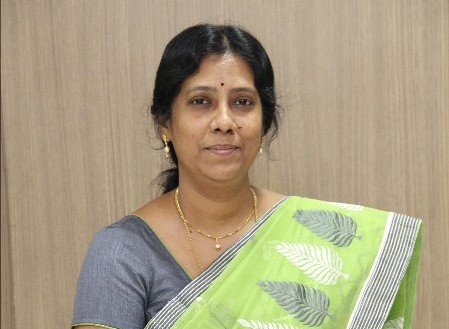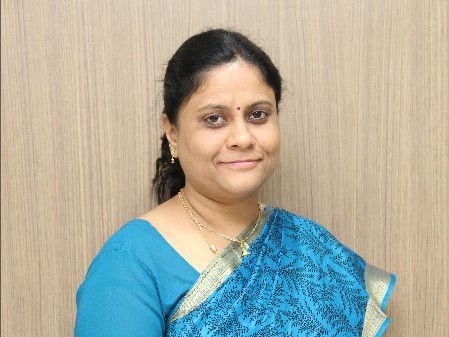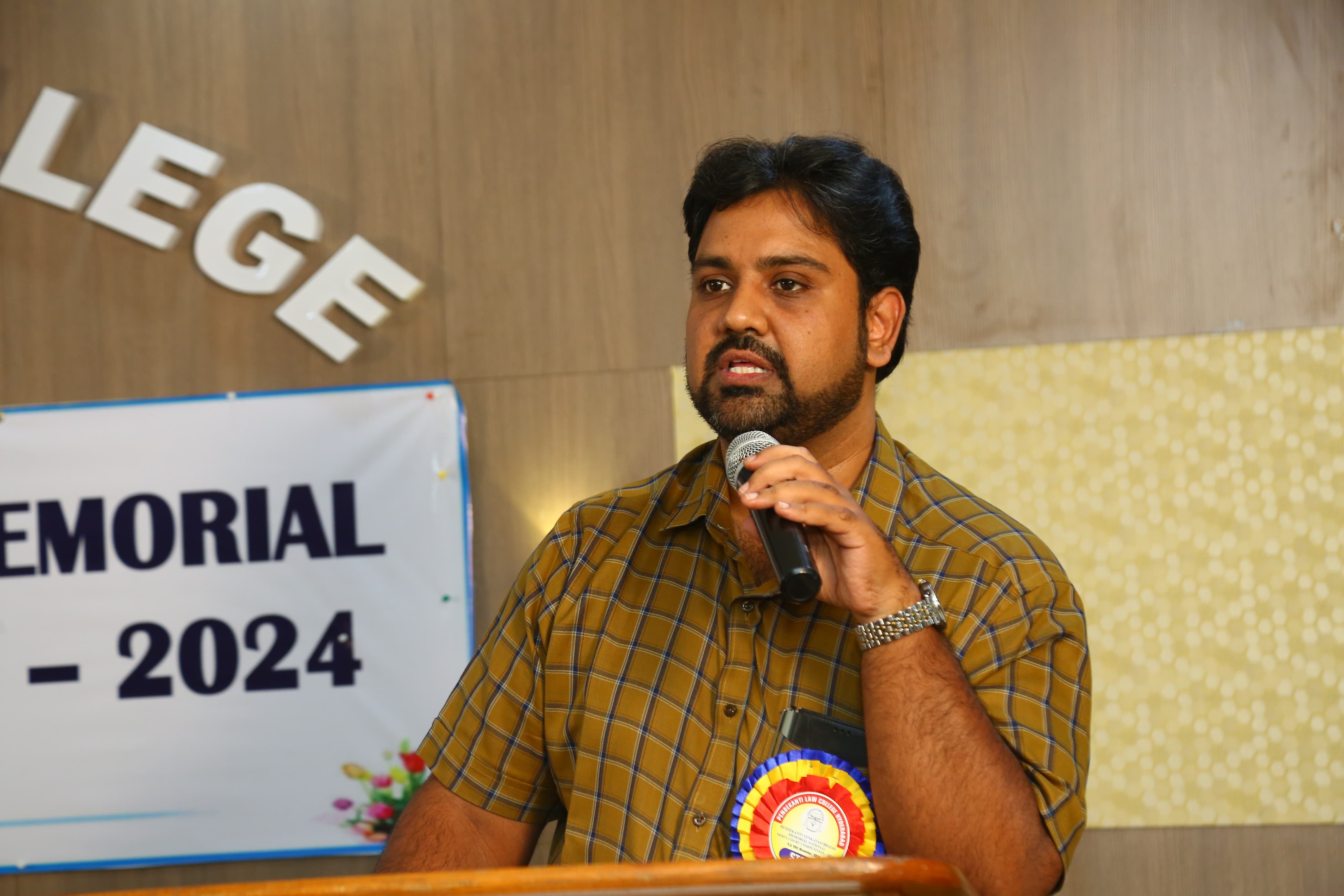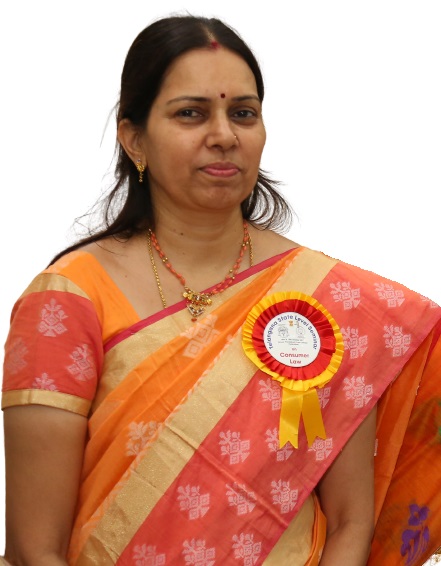Ritha : The online e-journal
Call for Articles / papers Ritha e-journal Voll 3 NOV 2026 Submission Deadlines:
Submission Open from : 01-03-2026
Last Date of Submission : 30-07-2026
Intimation of Accepted Articles : 15-08-2026
Ritha
“Ritha” is the annual online flagship journal of Pendekanti Law College, Hyderabad. The journal seeks to provide a platform for engaging in critical legal discussions on themes of law, society, and justice.
Ritha, an annual e-journal published by Pendekanti Law College is the official open-access journal in English, launched in November 2024. It serves as a dedicated platform for publishing high-quality legal research across all branches of law. The journal welcomes contributions that span from foundational studies to advanced, interdisciplinary legal analysis, offering scholars and practitioners a space to share insights, explore legal developments, and engage with contemporary issues in the field.
Our mission is rooted in the belief that academic recognition should not be limited to publishers alone but should also reach a broad and diverse readership. Authors are encouraged to submit descriptive, theoretical, experimental, or empirical research papers. We support academic freedom and originality while promoting rigorous peer review and editorial standards to maintain the quality of each issue.
Our editorial team is committed to addressing any concerns that arise during the review or publication process, involving both authors and reviewers. As an open-access publication, Ritha ensures that all articles are freely available to readers worldwide. Clear copyright and licensing policies are provided on our website, supporting transparency and respect for intellectual property. In addition, we have a reliable digital archiving and preservation plan in place to maintain long-term access to published content, even if the journal discontinues in the future.
| Starting Year | November 2024 |
| ISSN number | ISSN 3049-4060 |
| Frequency | Yearly |
| Format | Online |
| Subject | Law |
| Language | English |

Submit your Paper - rithauniversallaw@plchyd.ac.in
Details of Editor/Editor Review PoIicy:
The Editorial Team of the Ritha e-journal, includes the Editorial Board and the Publisher, are responsible for determining the publication of articles. The journal adheres to a policy of fairness in its editorial process. Manuscripts are evaluated based on the authors scholarly and intellectual merit. The editorial board maintains strict confidentiality and does not share any details about a submitted manuscript except with the corresponding author, reviewers, and publisher. The Editors have full discretion to accept or reject an article. They may consult with other reviewers or editors to make their decisions. Editors are expected to avoid conflicts of interest when deciding whether to accept or reject articles. Authors are encouraged to address any errors identified during the review process, while maintaining the anonymity of the reviewers.
PLAGIARISM POLICY:
- Publication Ethics and Malpractice Statement:
Manuscript submitted to the Ritha e-journal are assessed solely based on their scientific content. There are no fees for publication. Even, effort is made to maintain the highest standards of publication ethics and to prevent any unethical practices. Authors submitting papers to our journal confirm that their work is original, unpublished, and not under consideration for publication elsewhere. Additionally, authors assert that their paper is entirely their own work, free from any form of plagiarism or copying, whether in whole or in part, from other sources. If external works are referenced, they are properly cited or quoted. Our publication ethics and anti-malpractice policy follows the guidelines for journal editors established by the committee on publication Ethics (COPE).
@copyright policy & Licensing Policy
Authors are required to provide an accurate representation of their original research and present an objective discussion of its significance. The paper must include sufficient references and details of relevant literature. It is expected that all authors have made substantial contributions to the research. Any fraudulent or knowingly false statements are considered unethical and unacceptable. Authors must ensure that their submitted work is original and has not been previously published, and if they have used other works, they must cite or quote them properly. Authors must comply with relevant copyright laws and conventions, ensuring that copyrighted materials are reproduced only with proper permission and acknowledgment. Authors should not submit manuscripts that essentially describe the same research to multiple journals. Submitting the same manuscript to more than one journal simultaneously is considered unethical. Proper acknowledgment of others' work is required at all times. Authorship should be limited to those who have made significant contributions to the manuscript, with all contributors being listed as co-authors. Individuals who have assisted in certain key aspects of the research should also be acknowledged. The corresponding author is responsible for ensuring that all co-authors are included, have reviewed and approved the final version of the manuscript, and agree to its submission. Any financial support sources must also be disclosed. If significant errors are discovered in the published work, the authors must promptly notify the editors and cooperate in correcting or retracting the paper.
Who can submit
All the law students, Academicians, Researchers, Advocates and people working in the legal profession can contribute their papers.
Selection Procedure:
All the submissions shall be subject to the Double-Blind Peer Review process. After a preliminary round of selection, the editorial committee may suggest changes to the papers submitted by the respective authors. The authors are requested to follow the submission and formatting guidelines scrupulously. Any submission not in consonance with the guidelines below shall be rejected summarily. Mere submission of articles will not guarantee acceptance for publication. Candidates are supposed to send only one submission; multiple submissions will be summarily rejected.
Submission and Formatting Guidelines
- Article shall consist of 6000-8000 words including footnotes.
- Notes and Comments are short pieces (of less than 5000 words). These have a narrower scope of inquiry than articles and may include analysis of recent case laws, legislation or policy. Successful submissions to this category will critically analyze the ideas and themes explored in the book instead of merely providing a summary of its main arguments.
- The journal adheres to “The Bluebook: A Uniform System of Citation 21st Edition” citation style. Authors are requested to follow the same without fail.
- Please submit your manuscript in MS Word document format only. Submissions in any other format will be summarily rejected.
- The first page of the submission shall only contain details such as the name of the author, profession, institutional affiliation, email id, address for communication, WhatsApp mobile no. etc.
- The submission (in the main body) therefore, should not contain any reference to the identity of the author to enable anonymous screening and peer review.
- Each submission should be accompanied by an abstract of not more than 300 words and 5 Keywords. No Paper will be accepted without an abstract.
- Only original and unpublished work must be submitted for consideration for “Ritha”.
- Author(s) must take particular care that their work does not infringe on the rights of third parties and that they have obtained necessary permissions for cited work.
- All submissions would be scrutinized for plagiarism. Plagiarized works would be rejected.
- “Ritha” adheres to the Open Access Policy. This means that all articles published in the Journal would be made available on the Journal’s website without any time limit and free of charge.
- Co-Authorship is permitted for up to 2 Authors only.
- While all efforts would be made to inform the corresponding author of the progress of the submission through various stages of review, in view of the number of submissions that the journal receives, the individualized response may not be possible in each instance.
- Copyright over the published material shall vest with “Pendekanti Law College.”
- The decision of the Editorial Board on all matters shall be final.
FORMATTING GUIDELINES:
- The Title of the manuscript should be Times New Roman font, size 14; the Abstract should be Times New Roman font, size 11 italic style; and the Body of manuscript should be Times New Roman font, size 12 with 1.5 spacing and justified alignment.
- The Endnotes and References should be in Times New Roman font, size 10 with single spacing.
- The submission of Article or Essay must contain an Abstract of up to 300 words. There shall be no endnote/citation included in the abstract.
- The Authors are responsible for the accuracy of the footnotes/references. Proper citation of the source of literature used in the manuscript must be indicated in the footnotes/references.
- The author/s may include acknowledgements, if any, at the end of the article before the beginning of the endnotes.
SUBMISSION MAIL ID:
All the submissions / queries shall be made to the following email id: rithauniversallaw@plchyd.ac.in
Editorial Board

Dr. P.Aravinda, B.Sc., MLiSc., LLM., Ph.D.
Principal
Specialized in Constitutional Law. Did her graduation in Law from Andhra Mahila Sabha and post graduation in Law from Pendekanti Law College and completed her Ph.D. from TNDALU University on the topic “Independence of judiciary with reference to appointments of judges to the higher judiciary”. Currently teaching Constitutional Law, Civil Procedure Code, Interpretation of Statues, Law of torts and History.
email: aravindap@plchyd.ac.in

Dr. V. Shobha Rani, BA.,LL.M., (SET & NET), Ph.D.
Vice-Principal
Specialized in Commercial Law . Did her graduation and post graduation in Law from Kakatiya University and obtained her Ph.D. from Kakatiya University on the topic “Law relating to corporate governance in India-A Critical Study”. Currently teaching Law of Banking, Law of Contracts, Law of Insurance, Law of Evidence
email: shobhav@plchyd.ac.in

Dr. L.Padmavathi, B.Sc., M.SC. (Psychology), LL.M., Ph.D
Assistant Professor
Specialized in Labour Law. Did her graduation in Law from Andhra Mahila Sabha and Post graduation in Law from Osmania University and her Ph.D. from Osmania University on the topic “Social Security measures for un organized workers in construction Sector with reference to Hyderabad: A Critical Study in June 2018 . Taught Law of Property , Law of Contracts, Cyber Laws, Corporate and Security Laws and Labour Laws.
email: lpadma@plchyd.ac.in

Dr. G. Vaishnav Kumar, B.A., LL.M.,PGCJFSC., (NET & SET), Ph.D
Assistant Professor
Specialized in Constitutional Law. Did his graduation and post graduation in Law from University College of Law Osmania University. Completed his PG.Diploma in Criminal Justice and Forensic Science from University of Hyderabad. Pursuing his Ph.D. from Osmania University on the topic “The concept of Secularism with special reference to Hindu Religious and Charitable endowments in State of Telangana”. Currently teaching Family Law -II, labour Law, Sociology &Environmental studies.
email: vaishnavg@plchyd.ac.in

Dr. A. Manikyamba, LL.M.,Ph.D
Assistant Professor
Did LLM Corporate Law, Osmania University. Practiced in High court of Andhra Pradesh, City Civil Court., Ranga Reddy District Court. Associated with Asset Recovery Management Yard Hyderabad Legal Associate at General Law Partners, Hyderabad Teaching experience of 10 years Participated in National and International conferences and Published more than 15 Research articles/papers in Springer and other International Journals obtained Ph.D. on NPA and Debt Recovery Laws- A Critical Analysis with Special reference to Selected Banks in India, from Sharda University from Shrada University in Corporate Law on Debt recovery laws
email: mania@plchyd.ac.in

Dr. K.Padma, M.Com, LL.M, Ph.D
Assistant Professor
Specialized in Jurisprudence. Did her graduation in Law from B R Ambedkar College of Law, Andhra University and Post Graduation from P G College of Law, Osmania University. Obtained Ph.D. on Protection of women against violence with reference to sexual harassment at workplace - A juristic study from Andhra University.
email: padmak@plchyd.ac.in
Volumes
Current Volume |
Previous Volume |
| Volume-II [November, 2025] | Volume-I [November, 2024] |
Volumes II
Volumes I
